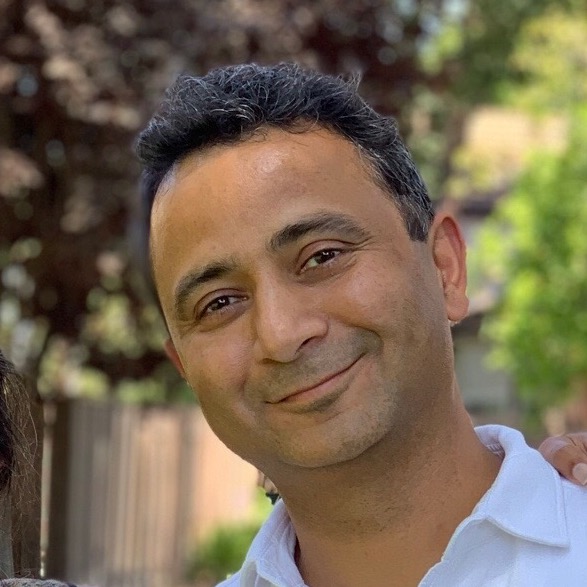A short-term mindset can ensure sustenance, but a long-term one is what creates value - A conversation with Nisha Ramchandani.
Also, while upskilling and reskilling is all about embracing new concepts and taking in new knowledge, there still seems to be some stigma in workplaces around employees not clearing mandated courses. And some organizations do forget that employees prefer self learning learning part with microlearning. So I would love to pick your brains on this
So I spoke to leaders who are visionary, who are building long term companies who are okay to not measure success or deliverables every quarter, but they know what they want to do or where they want the company to reach, say, over the next five years, the next ten years. They even have 100 year goal, despite knowing that they won't be around from there too
An organization is only going to develop an LND program or call it an Upskilling program or a learning program to enhance people in what the organization wants you to excel in. But my theory is that we will have many different sprints in our careers. In a career spanning 20 years or 30 years, we might do at least ten different jobs. And in that context, learning is going to be something that we have to take care of
So, yeah, I completely agree with what you have written in your article. I wanted to kind of add my thoughts on the point about employees and kind of career trajectory, right? So one thing that I like to do when I had a new employee and if it's kind of face to face, I like to whiteboard a little diagram. It's one diagram with two circles. The first circle is what the company needs from you and the second circle is what you are good at. Right?


